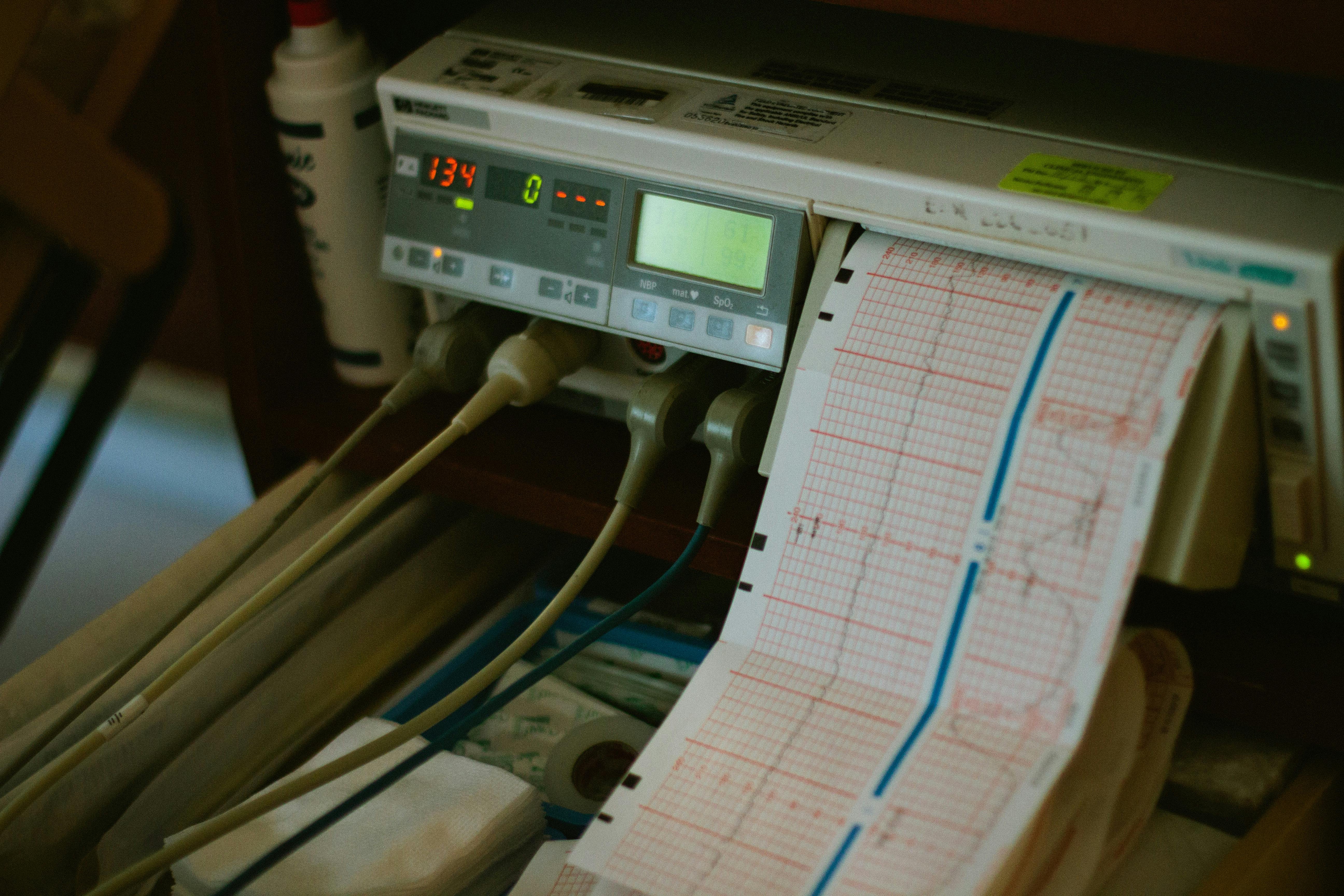Collecting and transporting water for domestic use forms a significant part of women’s and girls’ daily tasks (the global average is 2-3 hours per day for rural women/girls) and limits opportunities to access education and income, as well as rest and recreation. In 8 out of 10 households with water off-premises, women and girls are responsible for water collection.
From International Women’s Day, 8 March, through to 22 March, World Water Day, the Department of Foreign Affairs and Trade will showcase Australia’s support to the water, sanitation and hygiene (WASH) sector. The campaign will culminate on 22 March with a World Water Day event with key WASH partners in Bangkok.
Water is critical to human survival. However, globally, 2.1 billion people are still living without safe water – their households, schools, communities and workplaces struggle to survive, let alone thrive.
Inadequate access to water affects everyone’s health and wellbeing, but the burden of this lack of access falls more heavily on women, due to their roles in bearing children and more often being the primary caregivers in the family (for children, elderly relatives and/or PWD). Water scarcity and water-borne diseases can hit women and girls the hardest because of these reproductive and domestic roles.
As primary collectors and users of water within the family, women are important sources of information and knowledge and need to have better representation in community decision-making. International evidence shows that empowering women to be involved more equally with men in making decisions results in better water systems that serve the wider community.

That is why, in marking International Women’s Day, Australia’s Water Partners for Development, including the Water for Women Fund, encourage all to think about the important role women play in water.
Peter O’Connor, Director of the Water, Sanitation and Hygiene Section highlights that water is a priority for Australia’s aid program, “We support socially inclusive water initiatives and together, with our partners, we are working to ensure availability and sustainable management of water for all by 2030 in line with Sustainable Development Goal 6”.
To support this, Australia’s flagship water, sanitation and hygiene (WASH) program Water for Women, civil society organisations, is delivering 19 WASH projects in 16 countries in the Indo-Pacific region. Water for Women will improve access to safe and affordable water, and improved sanitation and hygiene practices, particularly for women and other marginalised groups.








